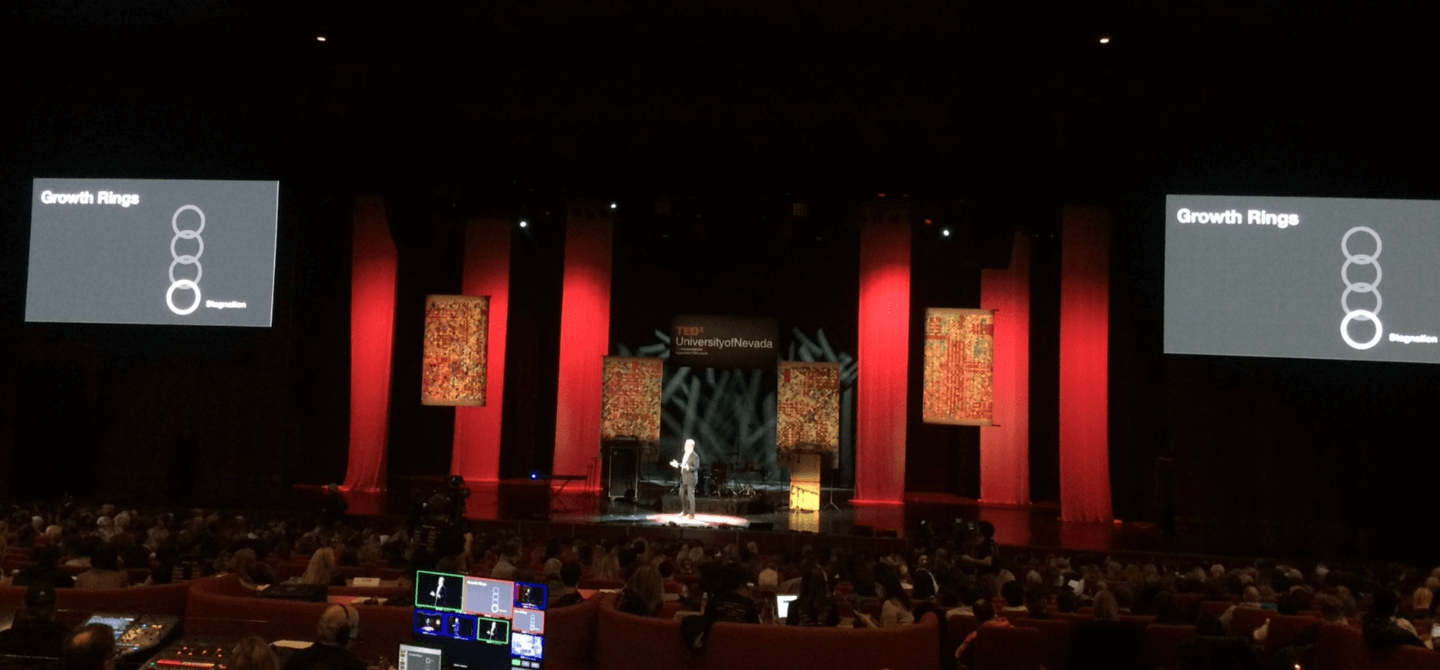We often hear executive leaders talk about how they, their department, or some internal group in their organization administers their own surveys. After all, asking some questions can’t be that hard. Plus, there are all sorts of freebie tools online to help. And analysis? Everyone knows how to count, and data is just a bunch of numbers.
There are two main attractions of executing your own survey. It’s (1) cheaper to do it on your own and (2) you have more independence to do whatever you want. These two perks, however, come at a steep price that many don’t discover until it’s too late.
I get it. The mystic and excitement of survey research is a siren call to us all that is hard to walk away from. Likert scales are rad. Data analysis is intoxicating. Creating survey questions that are neither double-barreled nor leading is a pulse-raising thrill.
But executing your own survey for your organization just isn’t the best idea.
I have over 25 years of experience designing, executing, and analyzing survey data. Based on this extensive experience, here are the top reasons why you might want to think twice before deciding to administer your own survey.
1. Writing great survey questions is complex and specialized work
It’s easy to take for granted the thought and intention that needs to be baked into the development of each survey question you include on your survey. Common mistakes that are made when writing survey questions include using leading or loaded questions, jargon, double negatives, double-barreled wording, and poor attributes. These types of errors can leave your respondents confused and annoyed and impacts the quality of your data. Simple word choices can drastically impact the actual results you receive. For example, asking team members if their manager always follows through with their commitments will likely have different outcomes than asking if their manager usually follows through. One word can completely change how a respondent answers the question. Having an understanding and awareness of how each questions wording will influence your data is critical to your data outcomes.
2. Confidentiality is critical
When team members don’t feel comfortable with how their responses will be handled, they are less likely to answer honestly. Confidence in the ability to give candid and confidential feedback is essential to gathering great quality data that reflects their real-life experiences. Involving a third-party, external partner in collecting, analyzing, and reporting allows team members to share input in a way that offers protection from internal colleagues being privy to their specific responses. If your team doesn’t feel safe in sharing their true thoughts and ideas, there is no point in asking for their input.
3. Managing survey administration (well) is difficult work
Top-notch execution of a survey takes more work than it seems. Tasks that help achieve a great response rate (so you have a better, fuller picture of the phenomenon you are exploring) and organize all the survey administration details takes time. I often see organizations punt the execution of a survey to some internal staff member to carry out. Afterall, since that person is already being paid, having this person work on it internally is surely cheaper than the cost for that third-party survey vendor. In our experiences, it’s just the opposite. Third-party vendors have expertise and methodology in place that ends up being much more cost effective and achieves much higher quality information.
4. Data analysis is a highly technical skill
The data you collect is only as good as its interpretation. If you read too much, too little, or are off target in what you decide the data is trying to tell you, it can have profoundly negative outcomes. Incorrectly analyzing your survey data will have real world impacts on policies, programs, staff satisfaction, and work performance. When the data is interpreted incorrectly, revenue and productivity can be lost to extreme levels.
5. Benchmarks bring perspective
Benchmarks provide a way for organizations to compare their practices and metrics to other organizations in order better understand where and how they can improve performance. These reference points are essential in identifying development opportunities that will results in the biggest growth and improvement. When you administer your own survey, these reference points are lacking and figuring out what your data is really telling you can be extremely hard to pinpoint. Simply, benchmarks provide critically helpful insights to better guide your best practices.
6. You are biased
Outside perspective is important. Over my years of experience, individuals creating a survey almost always carry their own personal perspectives on what the problem is and what the solution needs to be. This is a natural human thing to do. When you work with a survey partner with expertise in survey design, they help avoid this type of bias in two ways. First, they don’t have the personal connection and investment in the survey and the outcomes like you do. Second, a good partner has experience in researching things in a way that helps them neutralize some of those common types of bias based on previous surveys and training.
7. Consultation and expert solutions bring resources to help you
Half the battle with survey data is getting the interpretation right. The other half of the battle is getting the implementation right. Even though you might know what your data is saying, it’s tricky to figure out what to do about it or how to make changes. Working with consultants, especially consultants who not just give your results but then have expertise in learning from and apply those results, makes this whole process more effective. And when you’re most effective in what you do with your survey outcomes, you save time, energy, and money.
In sum, using an external expert to design, administer, and interpret your survey results brings quality and credibility to your process that just can’t be otherwise achieved. And as I’ve seen time and time again, it ultimately costs less and creates fewer headaches. I know writing survey questions is just so much fun. And I know watching those completed surveys roll in is intoxicating. But for the sake of your goals, your time, your money, and (most importantly) your team members extremely valuable input, look for an expert to help you in your data collection endeavors.
























